Sustainable Faith
Fatema Hirani’s community and its traditions brings her joy in many different ways, but one is particularly sweet to her.
“We always eat our dessert first,” Hirani says. “Which is my favorite part about it.”
Hirani is part of the Dawoodi Bohras, a branch of Shia Muslims with communities, or jamaats, across the world and throughout Texas. But wherever they may live, food plays a central role. Members will gather for religious ceremonies, events and classes, but stay for dinner. It’s a chance to reconnect with friends and family. But Hirani noticed that while their faith was bringing them together to eat, it was also causing a problem: trash.
“The lightbulb moment for me was seeing all the single-use waste that was happening,” Hirani says. “Our faith has always encouraged us to be very mindful of the people around us but also the environment around us.”
Food is arranged on a thal, a large platter used for communal meals at the markaz. Fatema noticed that during meals they would use lots of single-use plastics. “In one night you might not realize how much you’re using,” Hirani says. “But that builds up over time.”
Preserving the environment is considered a core value of faith for Hirani’s community. Cleanliness is of the utmost importance for those within the Islamic faith. For the Dawoodi Bohras, that includes their community and the environment. Their website states that “the bounties of nature are gifts from the Almighty,” and individuals are responsible for preserving it for future generations. In 1992, an environmental arm called the Burhani Foundation was founded to help initiate green programs worldwide. They also strive to be eco-friendly on an individual level. Hirani recalls her mother taking reusable bags for grocery shopping, and encouraging Hirani to not waste food.
“Having her as a role model really encouraged me to look for how I could make sure that I wasn't wasting things,” she says.
It helped her notice how much plastic they were using for events like Ramadan. During the holy month, Muslims fast for 30 days. Community members often gather together at sundown for prayers and to break their fast over chai tea that was served in styrofoam cups. Hirani noticed that they were going through a lot of single-use items.
“In one night you might not realize how much you’re using,” Hirani says. “But that builds up over time.”
A young girl picks flowers outside the markaz. Community members said while green initiatives were already on their mind, hearing their children advocate for it moved the effort forward.
Others have noticed that buildup as well. A recent report found that the average American tosses roughly 110 pounds of single-use plastic every year. Another analysis found that only 9% of plastic waste generated in the U.S. will be recycled. The rest finds its way into the environment and, new studies show, into wildlife and people.
Hirani decided to take action. She reached out to Murtaza Rawat, board member and secretary of the Anjuman-e-Burhani jamaat.
“She was so motivated, she used her dad’s phone to type out a message to me,” says Rawat. “I was amazed to see that initiative.”
Hirani began putting together a presentation for their board, researching what reusable items they could swap for their single-use items.
“I remember making spreadsheets about, there’s this certain cup that we use right now, here are alternatives for that,” Hirani says.
A trio of young girls play a memory card game at the local markaz. Hirani and other youths in the community gave a presentation on how their community could become more eco-friendly.
Hirani had a lot of inspiration to draw on for her research. In 2018 the Dawoodi Bohra community hosted the largest zero waste religious event during the group’s Ashara Mubaraka, a ten-day event held at the beginning of the Islamic New Year. Over 150,000 attendees avoided using plastic bags and assisted in a cleanup effort of the host community. Food waste was reduced, and leftovers were composted and donated to local farmers. And ongoing initiatives like Project Rise and Nazafat International have partnered with local agencies and organizations across the globe to help bolster clean water initiatives, cleanup drives and recycling programs.
It also served as a confidence boost for Hirani.
“Seeing the scale at which they were able to do it, it really inspired us to do the same as well,” Hirani says. “For us, it was just about really figuring out the logistics of how we could do it here in Pflugerville.”
In her community, Hirani was met with a wave of support for her suggestions. Rawat says conversations about sustainability had been happening, but seeing the passion that younger members of the jamaat had for it really pushed things forward.
“It’s hard to look at a task that is challenging,” Rawat says. “But taking smaller steps and learning from our young, we can take steps to improve our lives and their lives as well.”
Ali Akbar (right) scoops rice while Ammar Jamali (center) pours chai tea into metal cups. The Pflugerville jamaat has implemented lots of changes to be more environmentally friendly.
Other members stepped up to implement the sea of changes. Styrofoam cups have been replaced with metal mugs; paper plates and utensils swapped for ones that can be popped into their new energy-efficient dishwasher. A recycling system has been put in place. They’ve even started a small garden on site. But Hirani isn’t done there.
“I’m keen on starting composting as well,” Hirani says.
They’re even finding ways to make other aspects of their faith more eco-friendly. Most jamaats operate a community kitchen, taking daily meals to Bohra families to ensure members don’t go to bed hungry. While they’ve previously used plastic take-out containers, Hirani’s community is now testing a program using metal tiffins that can be washed and reused.
“I think there’s always room for improvement and continuous improvement is key,” Rawat says.
Hirani helps wash utensils in the markaz’s kitchen. They have moved away from single-use plastics and have started a recycling program which they hope to expand.
For many, it can be difficult to think personal improvements can shift the tide of climate change. 70% of greenhouse gas emissions can be traced back to just 100 companies in the world. Much of that pollution has occurred in the last 28 years. Hirani understands facts like that can easily make people feel discouraged about having any impact on climate change. But inspiring change requires a leap of faith.
“I think it's definitely easy to think, you know, if I make this little change, like what sort of impact is it going to even have? I'm only one person,” Hirani says. “But … if you do it, then maybe others will see you doing it and they'll be encouraged to make these changes themselves. Then it’s a collective effort.”
Community journalism doesn’t happen without community support.
Got story ideas, advice on how we can improve our reporting or just want to know more about what we do? Reach out to us at news@klru.org.
And if you value this type of reporting, then please consider making a donation to Austin PBS. Your gift makes the quality journalism done by the Decibel team possible. Thank you for your contribution.
More in Science & Technology :
See all Science & Technology posts
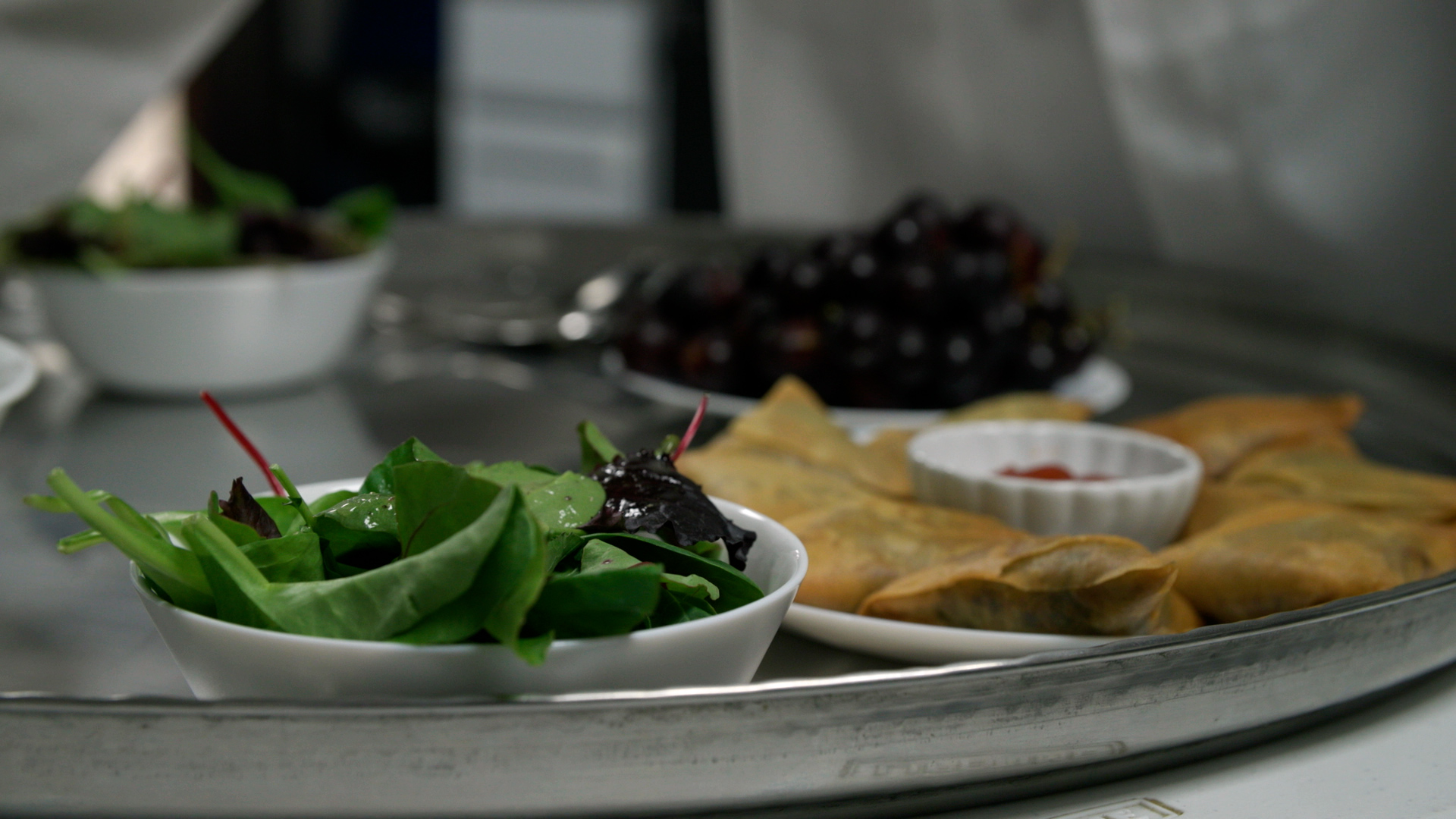
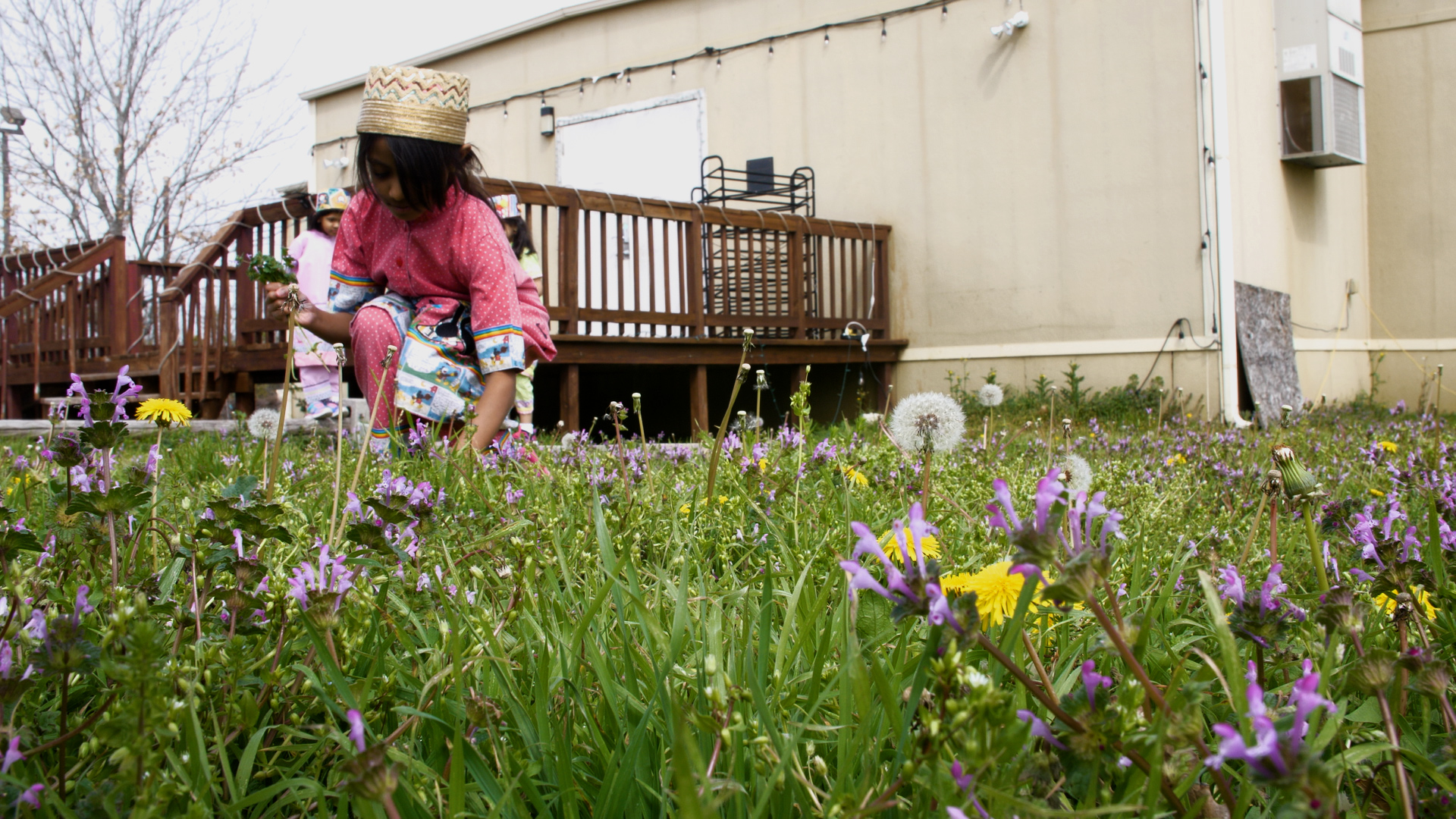
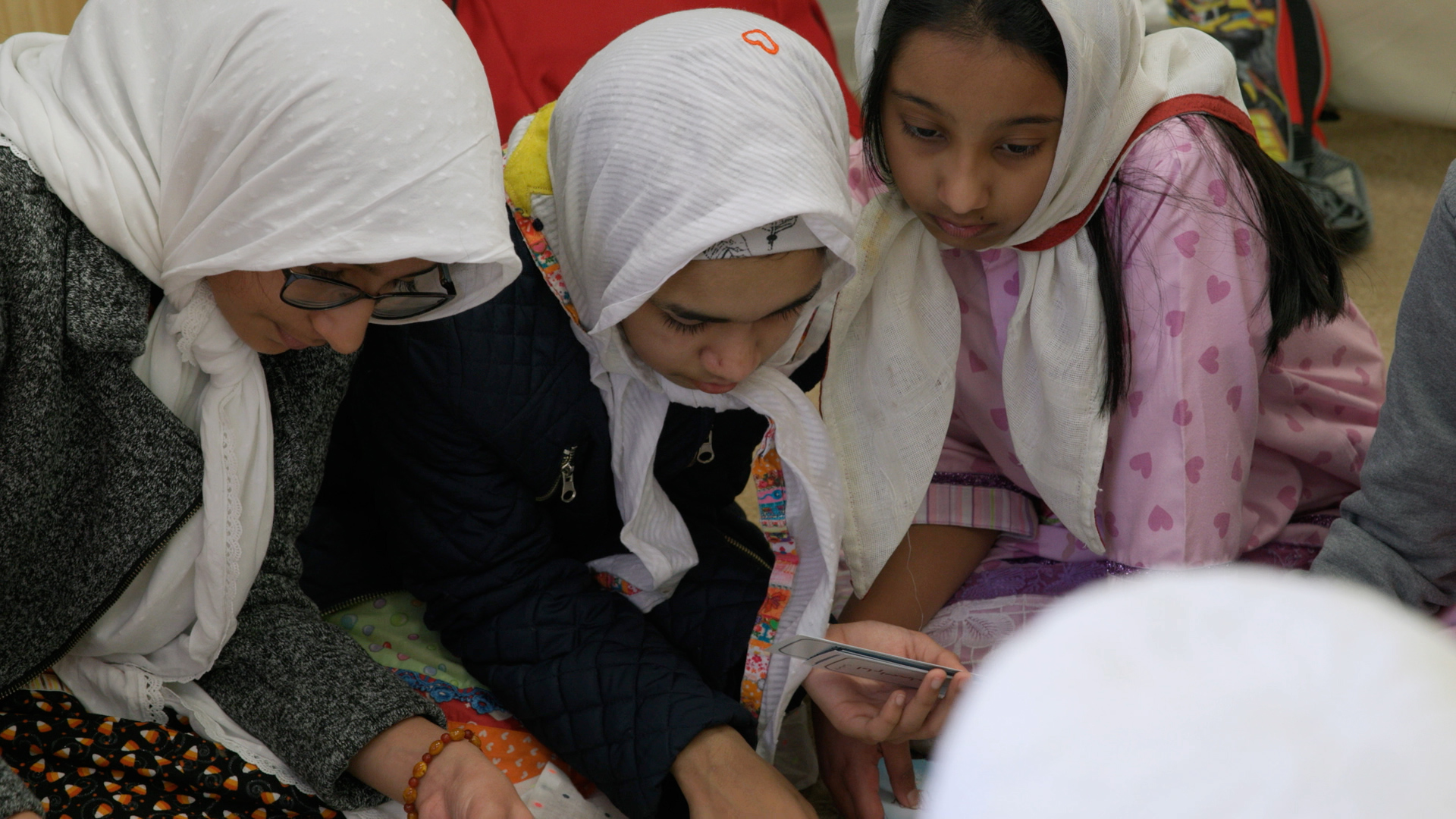
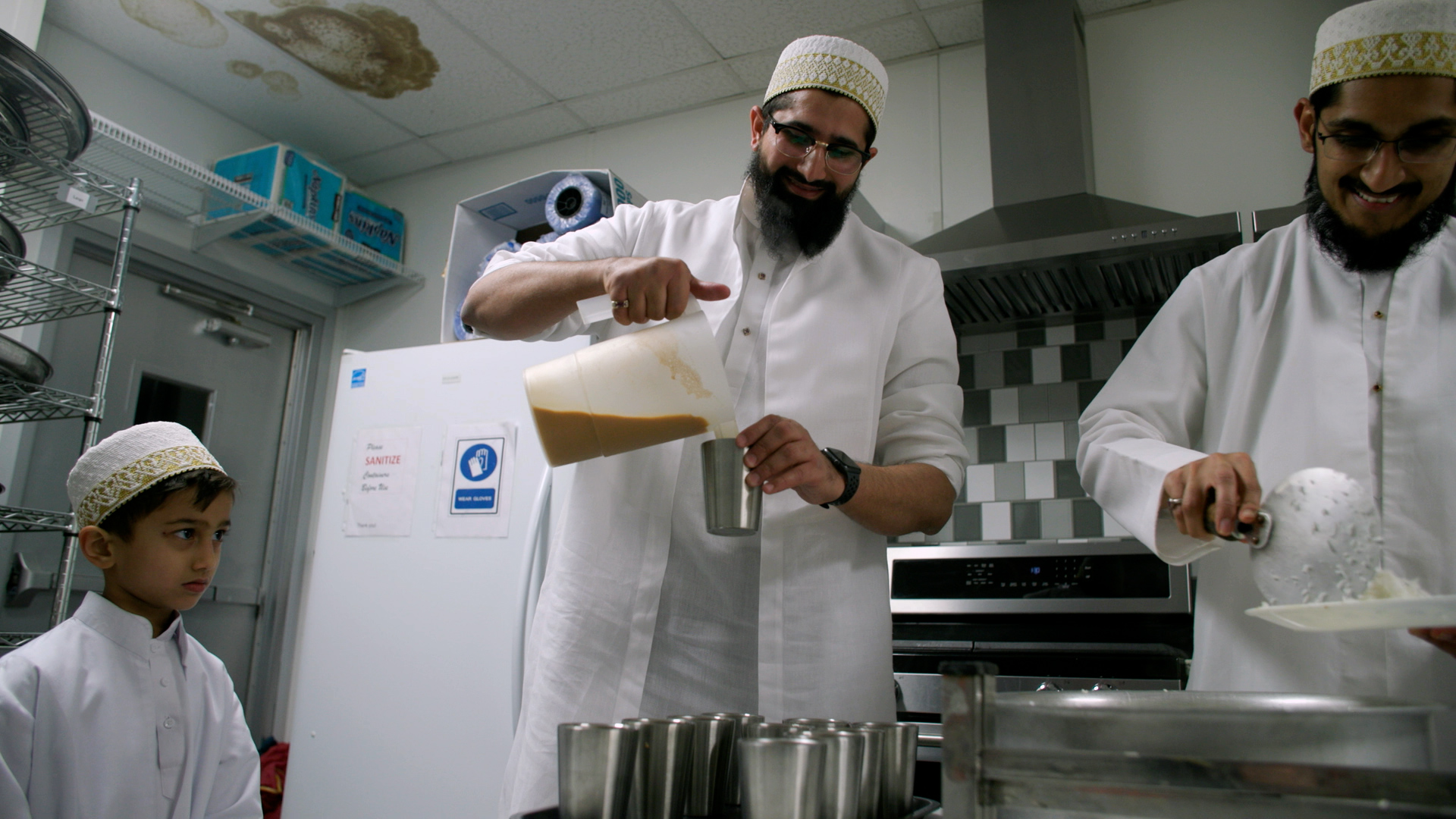
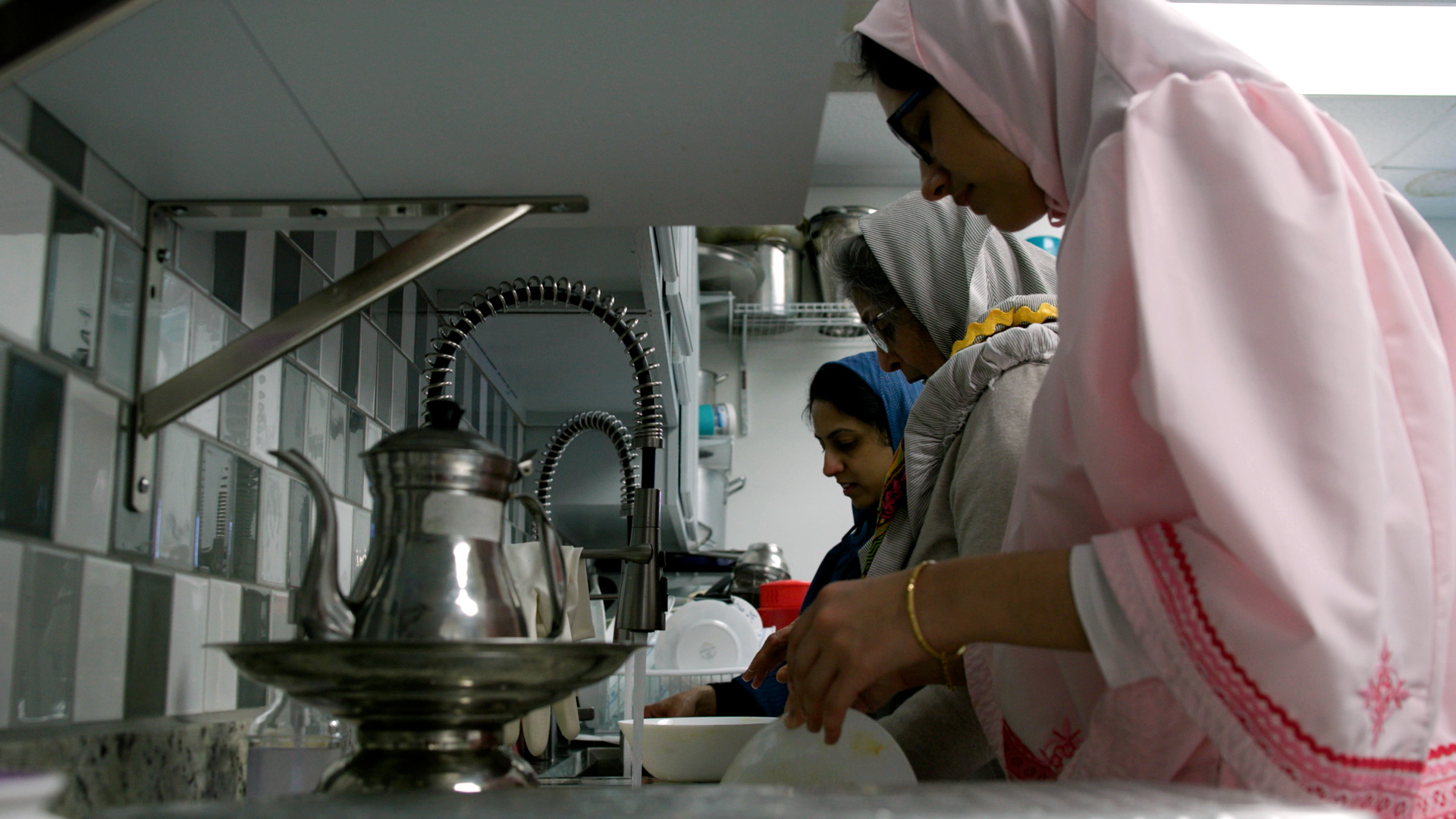





Contact Us
Email us at news@klru.org